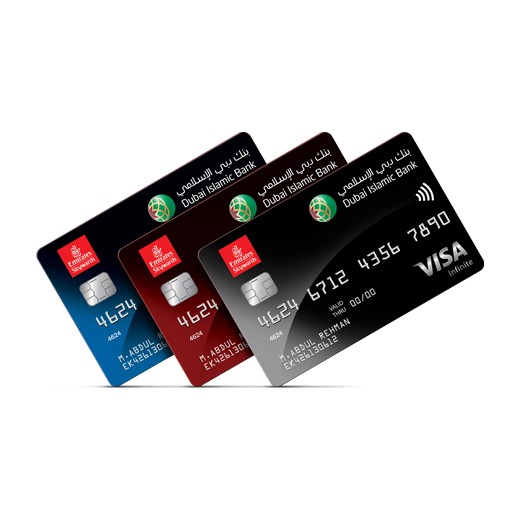
how to chose best credit card
The use of credit cards has become very common in our society. They are helpful financial tools for building credit, earning rewards, and paying down debt. However, there is a lot that you need to know and understand if it is your first time owning a credit card. This blog will look at the basics of credit cards and how to use them effectively.
- Checking your credit score is always a good idea
before applying for a new credit card. - It’s also important to think about how you’ll actually use the credit card
what interest rate you’ll be paying and calculate what your monthly costs will be - Another factor to consider is your credit limit.
- you can start comparing different cards to decide which one is best for you.
1 Check your credit score.
Checking your credit score is a smart first step when you’re looking to apply for a new credit card. By understanding your credit score and becoming familiar with the information in your credit report, you can get a sense of the type of card offers you might be eligible for. Generally, the higher your credit score, the more likely you are to be approved for a card with great benefits like sign-up bonuses, rewards, and other perks. However, it’s important to keep in mind that when you do apply for a new card, the issuer will make a hard inquiry on your credit report in order to determine your creditworthiness. This can result in a temporary dip in your credit score.
2 Think about how you’ll use the card
When choosing a credit card, it’s important to think about how the rewards, benefits, and cash back rewards align with your spending. If you’re considering getting a card that earns you rewards within a rewards program for future travel, look for one with bonus categories that match how you spend the most money. For example, if you frequently spend money on going out to eat or ordering takeout, consider getting a card that earns bonus points on dining.
3 Determine the interest rate and monthly costs
One of the most important things to remember when you have a credit card is to always pay your balance on time and in full every month. If you don’t, you could end up negating any rewards you might have earned, as well as harming your credit score. In addition to interest charges, banks can also add additional fees that you may not be aware of until you get your credit card statement.
4 credit limit
The credit limit is the maximum amount that you can spend using your credit card in a month or year. Banks will raise your credit limit every few years. The credit limit that is assigned to a credit card applicant depends on their credit history, income, other debts, and the credit limit of other cards that they might have.
5 compare then decide
It’s always better to compare a few banks before choosing one, as they all offer different interest rates, annual fees and even rewards and offers. Checking with at least five banks credit card will give you a better idea of which one is the best fit for you.